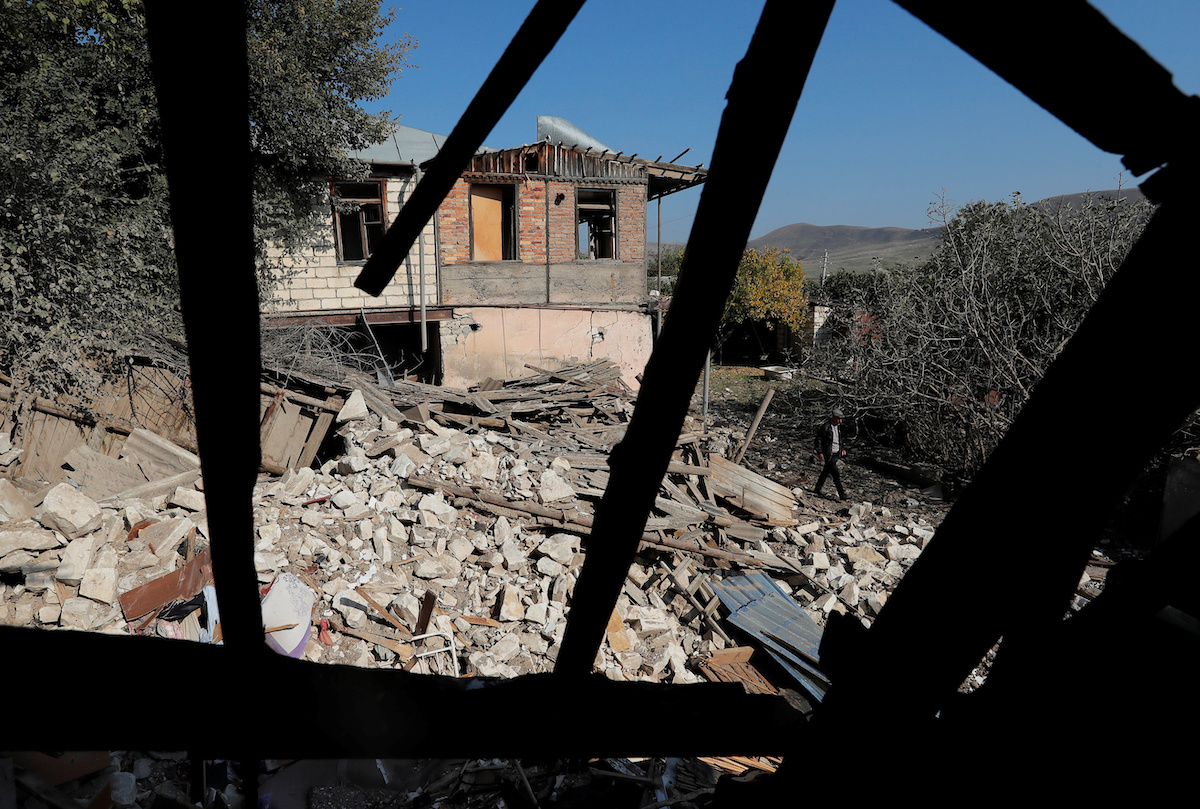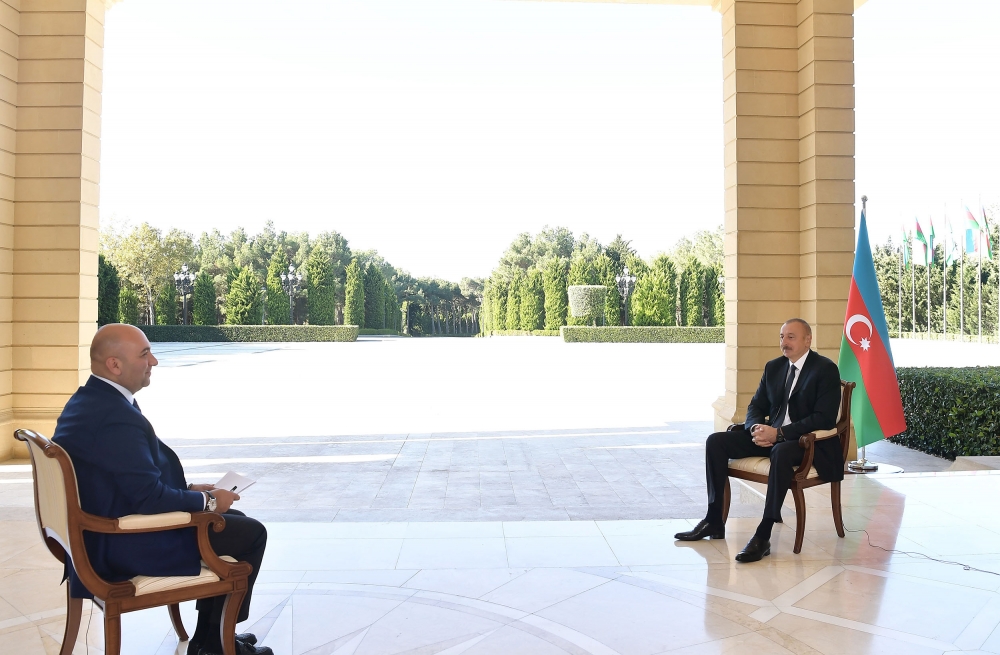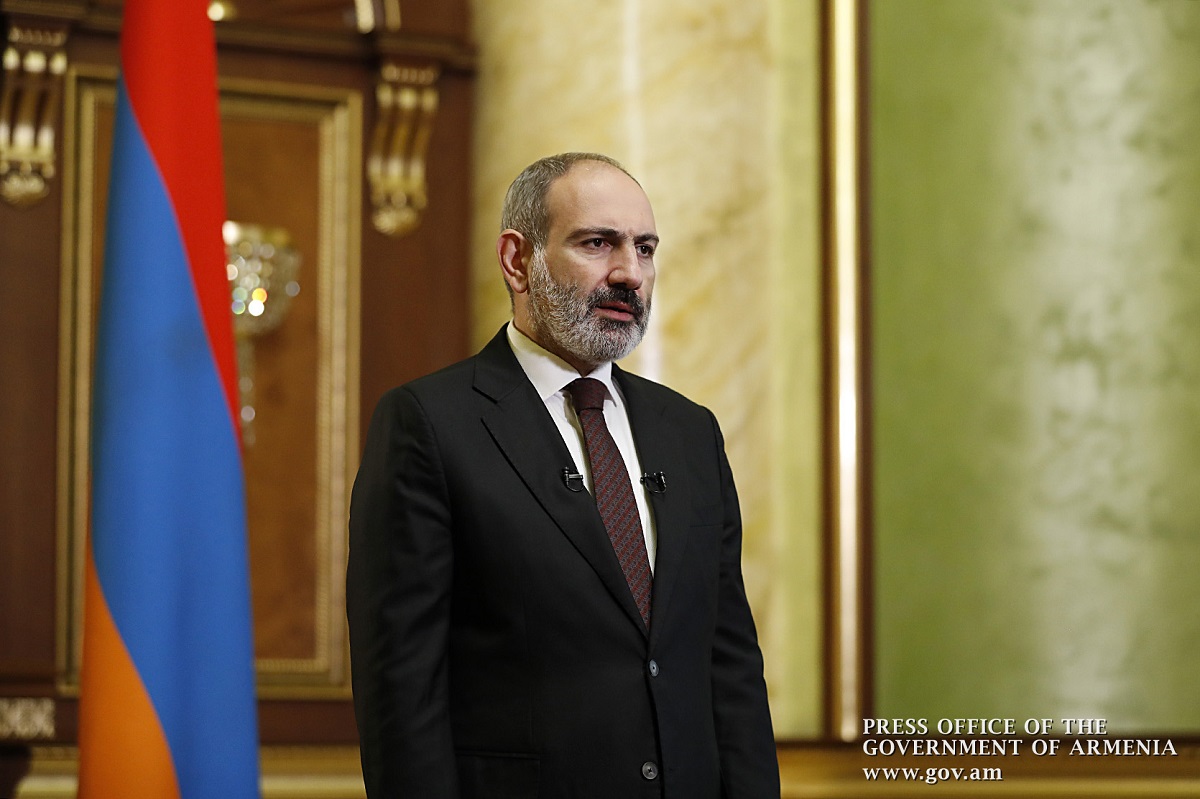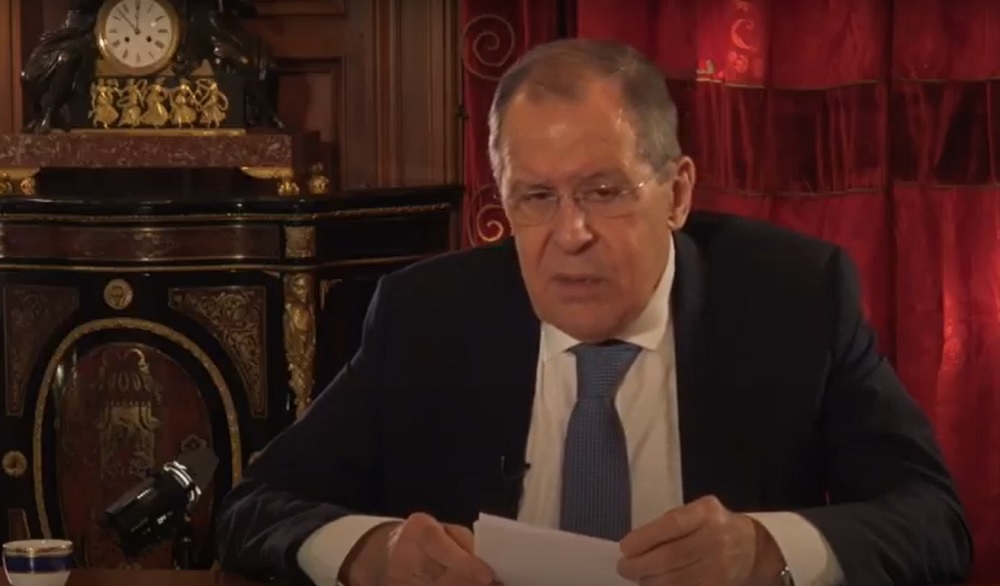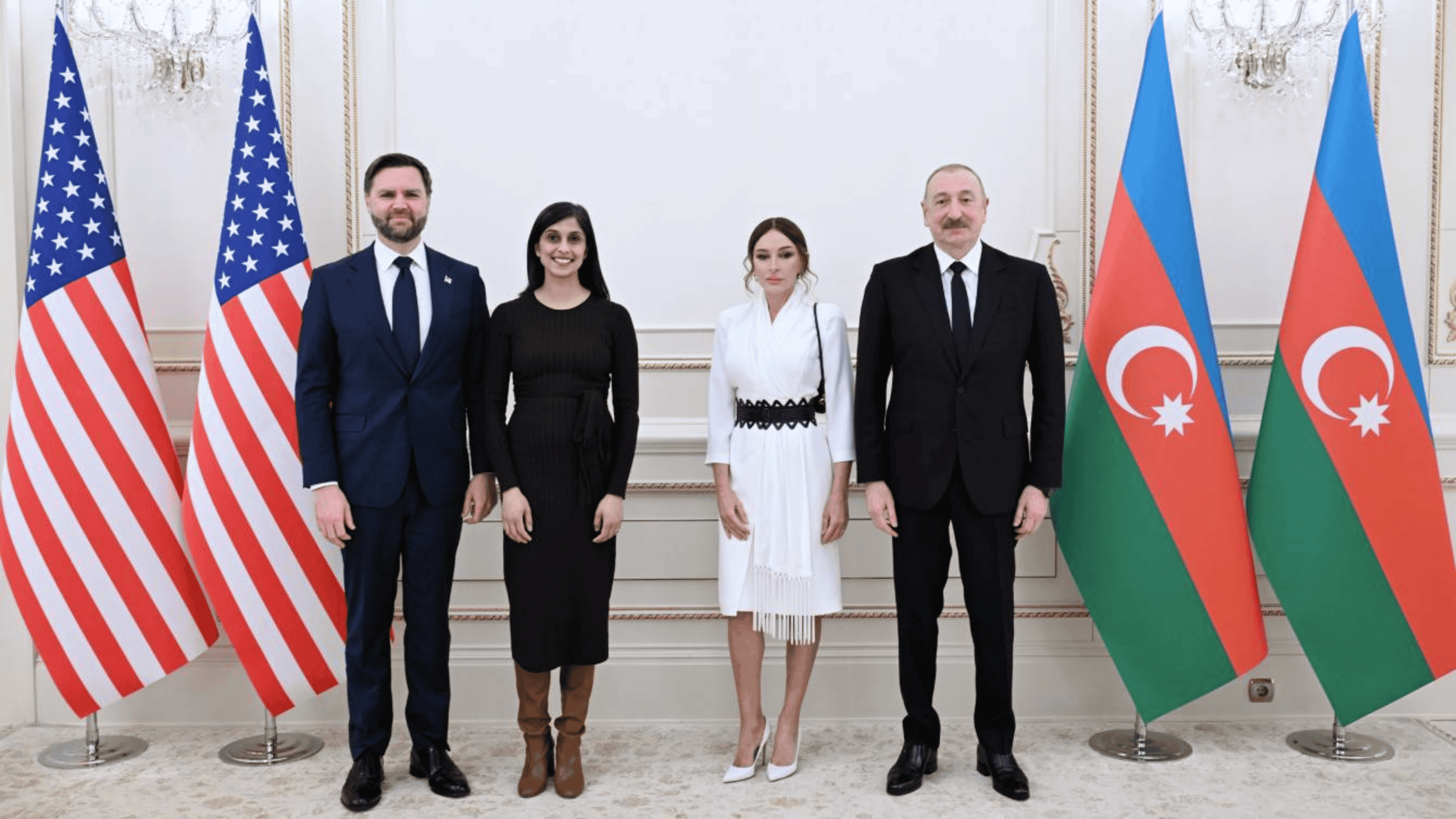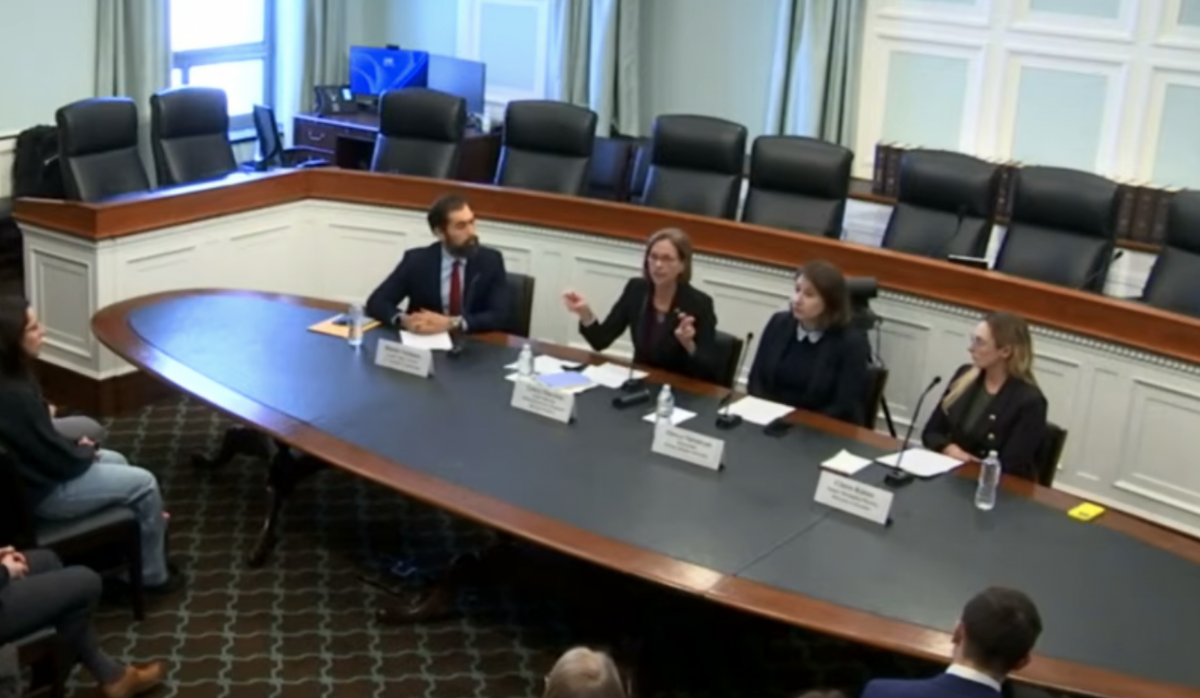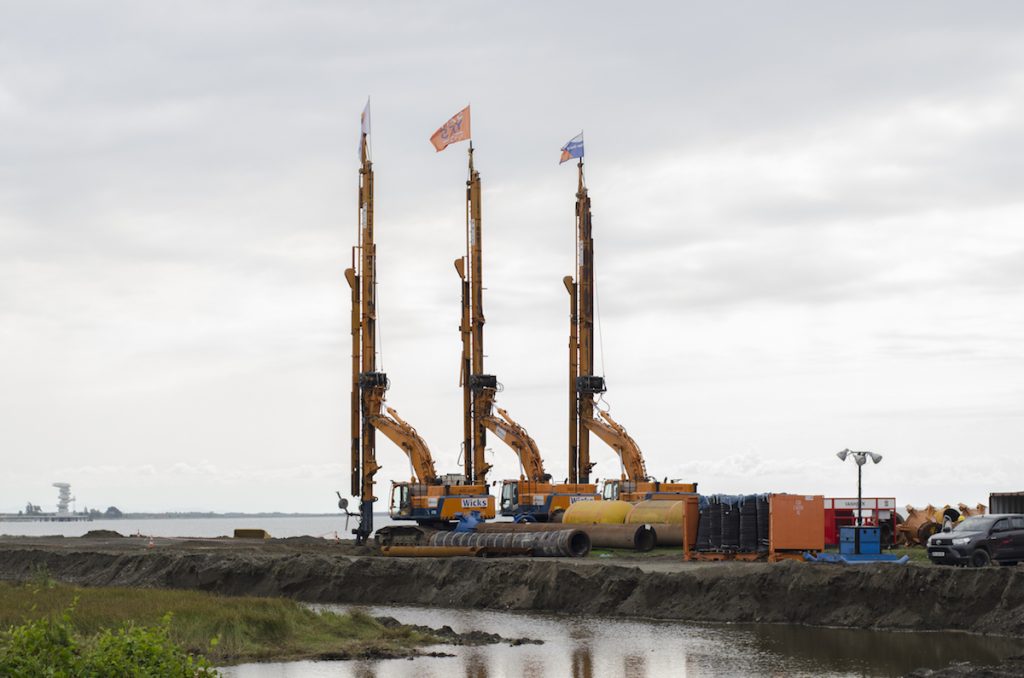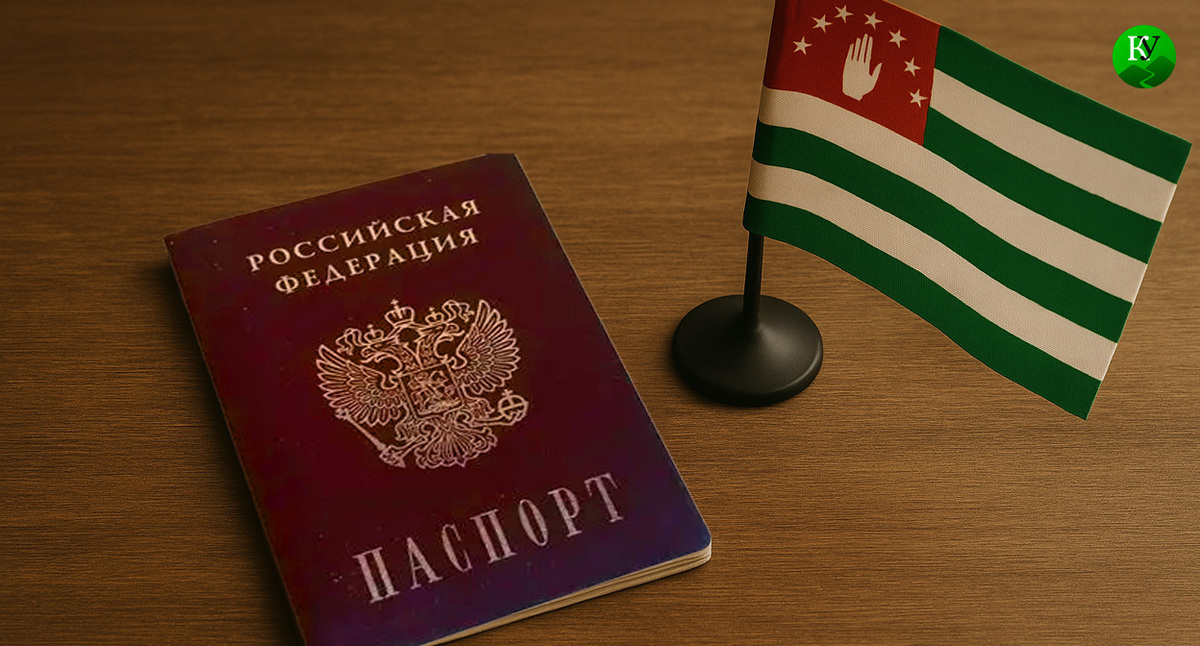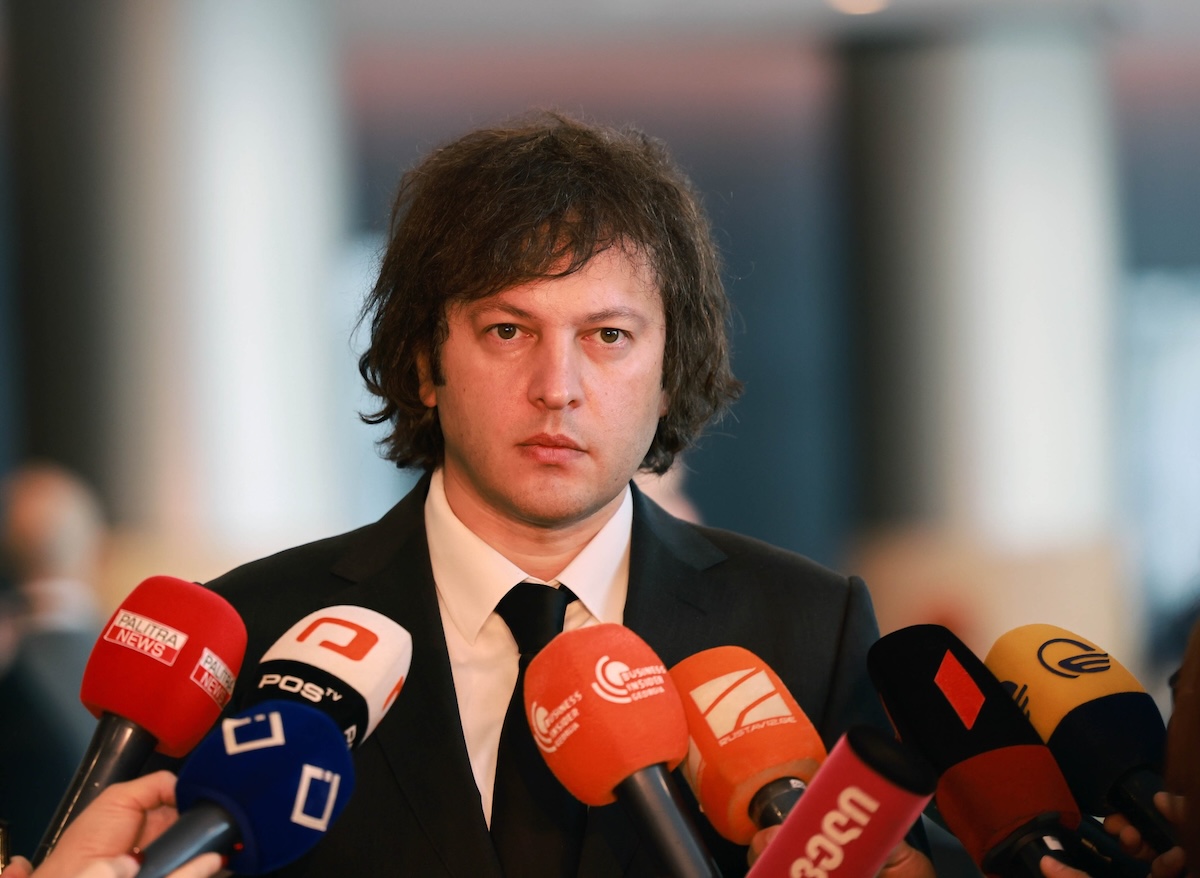Global, local leaders’ stances on the Karabakh conflict
By the 18th day of fighting in Karabakh, the leaders of Azerbaijan, Armenia, the President of Karabakh, the Russian Foreign Ministry and US presidential candidate Biden have made policy statements on how to resolve the Karabakh conflict.
Russia and the United States, along with France, are the OSCE Minsk Group co-chairs, which has been the facilitator of the negotiation process in the Karabakh conflict since 1992.
President of Azerbaijan Ilham Aliyev, Turkish TV channel HaberTürk
• “Azerbaijanis and Armenians can live peacefully together in Karabakh”;
• “Negotiations are only possible on the basis of the Madrid principles, which secure the return of the occupied lands to Azerbaijan”;
• “Only Armenia and Azerbaijan will participate in the negotiations”;
• “Turkey must be involved in the negotiation process”
Prime Minister of Armenia Nikol Pashinyan, address to the people
• “International forces and organizations are not reacting to what is happening, they believe that the “territory for peace” formula could work.”
• “This harks back to the Munich Agreement of 1938, when, supposedly for the sake of peace, the territories of Czechoslovakia were ceded to Germany.”
• “Will the world let a new Hitler appear, this time in Asia Minor?”
Armenian President Armen Sargsyan to the German edition Bild
• “Armenia has not recognized the independence of Nagorno-Karabakh so as not to disrupt the process of peace negotiations”;
• “In order to influence the Turkish president and stop the hostilities in Nagorno-Karabakh, third, fourth parties must be involved in the conflict.”
President of Karabakh Arayik Harutyunyan
• “The armed forces of Azerbaijan have violated the ceasefire and begun to deliver even more powerful strikes. In some areas, the enemy has managed to break through the frontline.”
• The President called on “everyone to physically participate in the defense of the homeland.”
Russian Foreign Minister Sergei Lavrov to Russian journalists
• Deployment of peacekeepers and Russian observers in Karabakh;
• The return to Azerbaijan of the areas that have been under the control of the Karabakh authorities after the war in the early 1990s;
• Security guarantees for the [Armenian] population of Karabakh.
Joe Biden, Donald Trump’s leading rival in the US presidential election on November 3, 2020
Joe Biden’s statement on his official website:
• The Trump Administration has been largely passive, and disengaged, throughout this recent period of escalation. Since the outbreak of hostilities on September 27, neither President Trump nor Secretary of State Pompeo has placed a single phone call to the leaders of Armenia and Azerbaijan, even as the region goes up in flames.
• Rather than delegating the diplomacy to Moscow, the administration must get more involved, at the highest levels, by working with our European partners to de-escalate the fighting and return the two sides to negotiations.
• The Trump Administration must tell Azerbaijan that it will not tolerate its efforts to impose a military solution to this conflict.
• [The Trump Administration] must make clear to Armenia that regions surrounding Nagorno-Karabakh cannot be occupied indefinitely.
• Finally, it must stop coddling Ankara and tell both Turkey and Iran to stay out of this conflict.
• Turkey’s provision of arms to Azerbaijan and bellicose rhetoric encouraging a military solution are irresponsible.
• Fierce fighting between the Azerbaijani and Armenian armies in Karabakh broke out on September 27. Officially, more than 700 people have been killed among servicemen and civilians on both sides and thousands have been wounded.
Unofficially, the statistics are much higher. Both sides reported enormous losses of equipment on the other side and accuse each other of spreading misinformation.
On October 10, a ceasefire agreement was signed in Moscow to return to peace talks in the previous format.
• The Karabakh War was an armed conflict between Armenians and Azerbaijanis which occurred from 1991-1994 in the territory of the former Nagorno-Karabakh Autonomous Region and the surrounding region. The war ended when a truce was signed, but exchange of gunfire still continues to break out periodically.
The Armenian population in the Nagorno-Karabakh Republic lives as a de-facto independent republic, unrecognized by any government in the world, including Armenia. Azerbaijan considers Karabakh and the surrounding territory taken during the war to be occupied, and demands that it be returned to Azerbaijan.
Negotiations held to settle the conflict have not yet yielded results.
The last full-scale outbreak, known as the “April War” or the “Four Day War,” took place in April of 2016. Ten people from each side were killed as a result of the conflict.
Toponyms, terminology, views and opinions expressed in the article do not necessarily reflect the views and opinions of JAMnews or any employees thereof. JAMnews reserves the right to delete comments it considers to be offensive, inflammatory, threatening, or otherwise unacceptable










